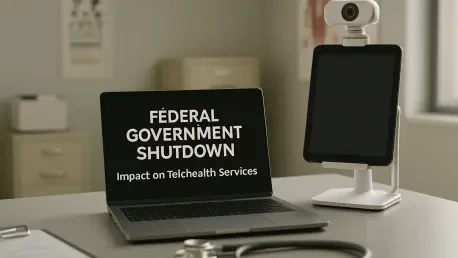
In an era where mental sharpness is increasingly valued, brain training apps have surged in popularity, promising to enhance cognitive skills like memory, focus, and problem-solving through just a few minutes of daily digital exercises. These platforms, often marketed with claims of scientific

In a world where mental health challenges are increasingly recognized as a pressing public health concern, a recent event in Singapore has spotlighted the power of student innovation to address this critical issue, bringing together bright minds to develop impactful solutions. Held at the National

As the global population ages, managing chronic conditions like diabetes becomes an increasingly pressing challenge, especially for older adults who may struggle with traditional healthcare approaches. With the rise of digital solutions, mobile health apps have emerged as a potential game-changer

What happens when life feels like a constant juggling act—caring for aging parents, raising young children, and grappling with healthcare costs that seem to climb by the day? For millions of Gen X and Millennials, the answer lies in a surprising ally: health AI tools. These generations, often

South Africa's healthcare system is navigating a critical juncture, balancing persistent inequities with promising avenues for transformation, as revealed by a comprehensive industry databook updated in Q2 2025. This extensive analysis, encompassing over 300 key performance indicators, dives deep

As the federal government shutdown stretches into its third day on October 3, the ripple effects are being felt across various sectors, with healthcare—specifically telehealth services—emerging as one of the earliest and most significantly impacted areas. Telehealth, a lifeline for many during the